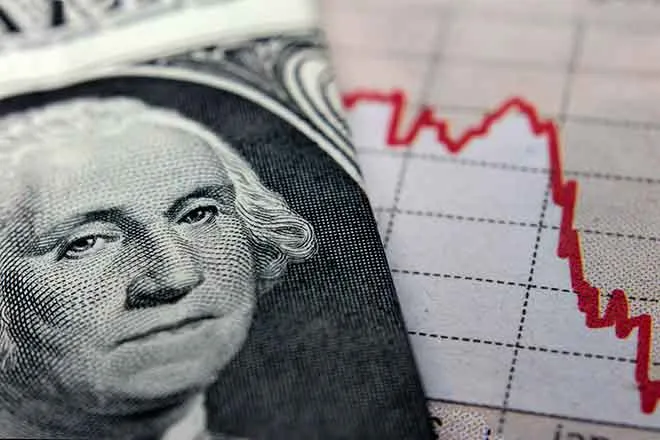
Colorado's average gas price climbs to $3.59 following Ukraine invasion
(The Center Square) – The average cost for a gallon of regular gasoline in Colorado has jumped to $3.59 after Russia invaded Ukraine last week, according to data from the American Automobile Association (AAA).
Colorado’s average price per gallon of gasoline is currently 24 cents below the national average. It's also 90 cents more per gallon now than it was at this time a year ago in the state.
“An increase in gas demand, alongside a reduction in total supply, is contributing to price increases, but increasing oil prices continue to play a leading role in pushing prices higher,” AAA said in a news release. “Pump prices will likely continue to rise as crude prices continue to climb.”
One reason that gas prices continue to climb is that the war between Russia and Ukraine has pushed the price of crude oil to more than $110 per barrel, the highest price seen since May 2011, AAA said.
The International Energy Agency has tried to counter the effects of the war by coordinating the release of more than 60 million barrels of oil from its 31 member countries. Some of the countries include the U.S., Germany, Canada, South Korea, and Mexico.
AAA said that half of the release is expected to come from the U.S. even though specific details about the plan have not yet been released.
However, increasing demand for gas could counteract any additional barrels that flow into the market. According to data from the Energy Information Administration, gasoline demand climbed to 8.74 million barrels per day from 8.6 million the week prior.
Russia’s contribution to the global market could also hinder the plan to increase crude oil production. Russia currently exports approximately 5 million barrels per day, or 12% of the global production. Additional sanctions on the country could result in higher gas prices, AAA said.
“A potential ban of crude imports from Russia to the U.S. or other countries will likely cause prices to continue to rise to reflect more risk of disruption to tight global oil supplies,” AAA said.















